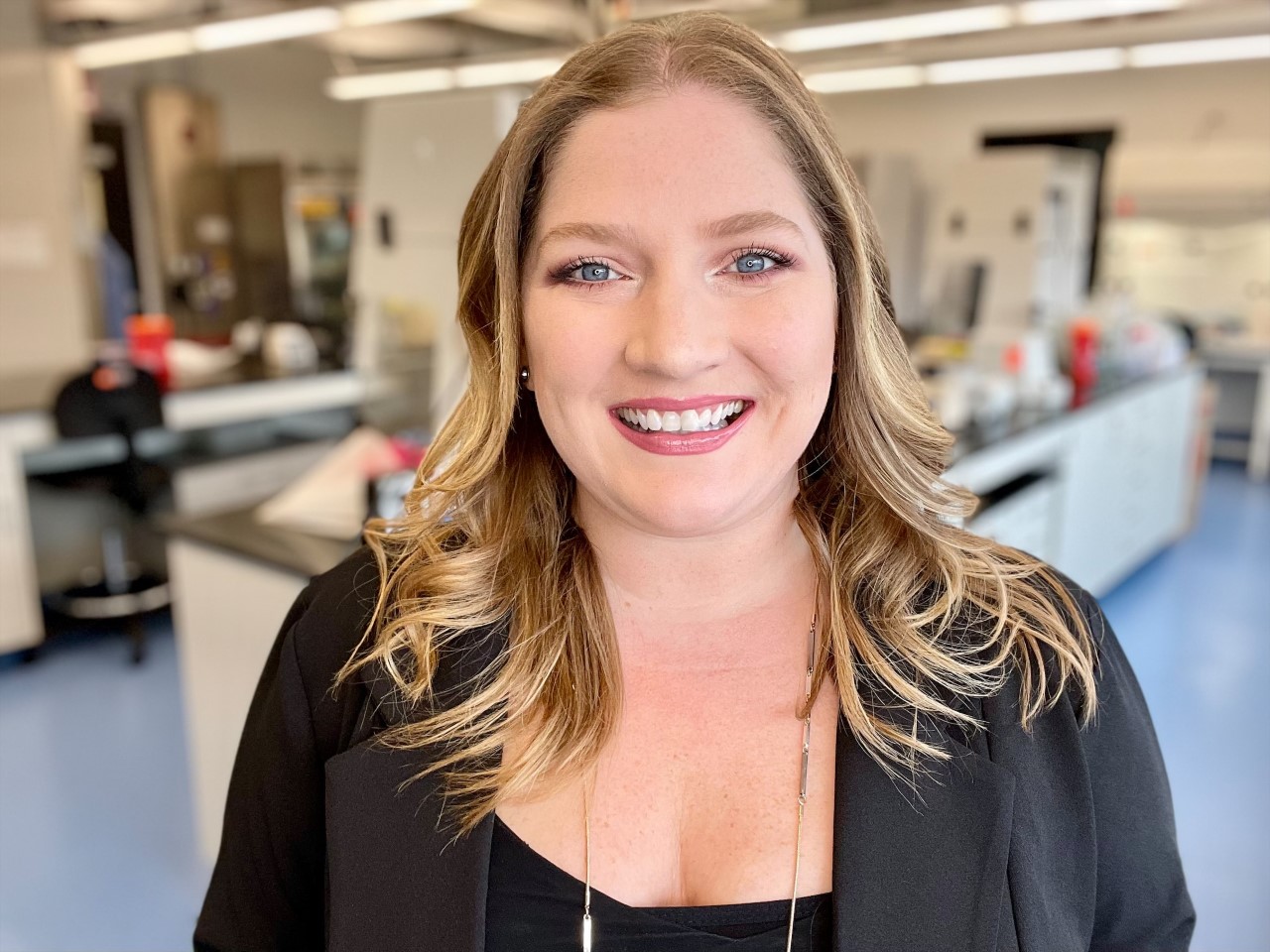none
Associate Professor, University of New Haven
Dr. Glynn, who joined the University of New Haven in 2014, teaches both undergraduate and graduate courses in forensic science, focused on forensic biology, forensic DNA analysis, and forensic/investigative genetic genealogy (F/IGG). Her research interests are focused F/IGG, and a broad range of applications for this novel investigatory tool. This includes investigating the effects of degraded samples and novel technologies, establishing best practices, the international feasibility of this tool, historical applications, and ethical considerations, to name just a few. Her other research interests include Rapid DNA analysis, RNA (mRNA and miRNA) analysis, Single Nucleotide Polymorphism (SNPs) applications, and DNA Methylation markers.



